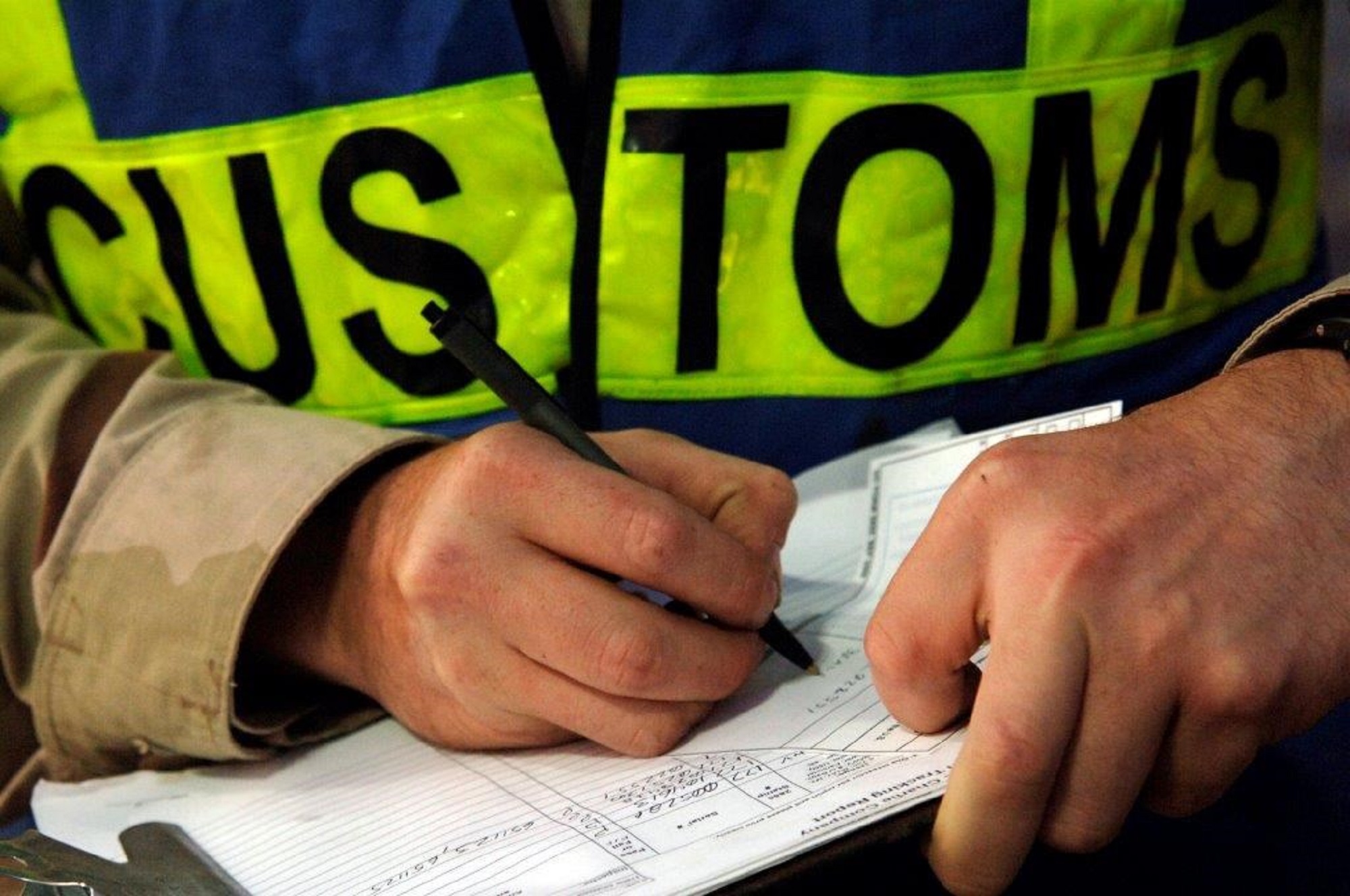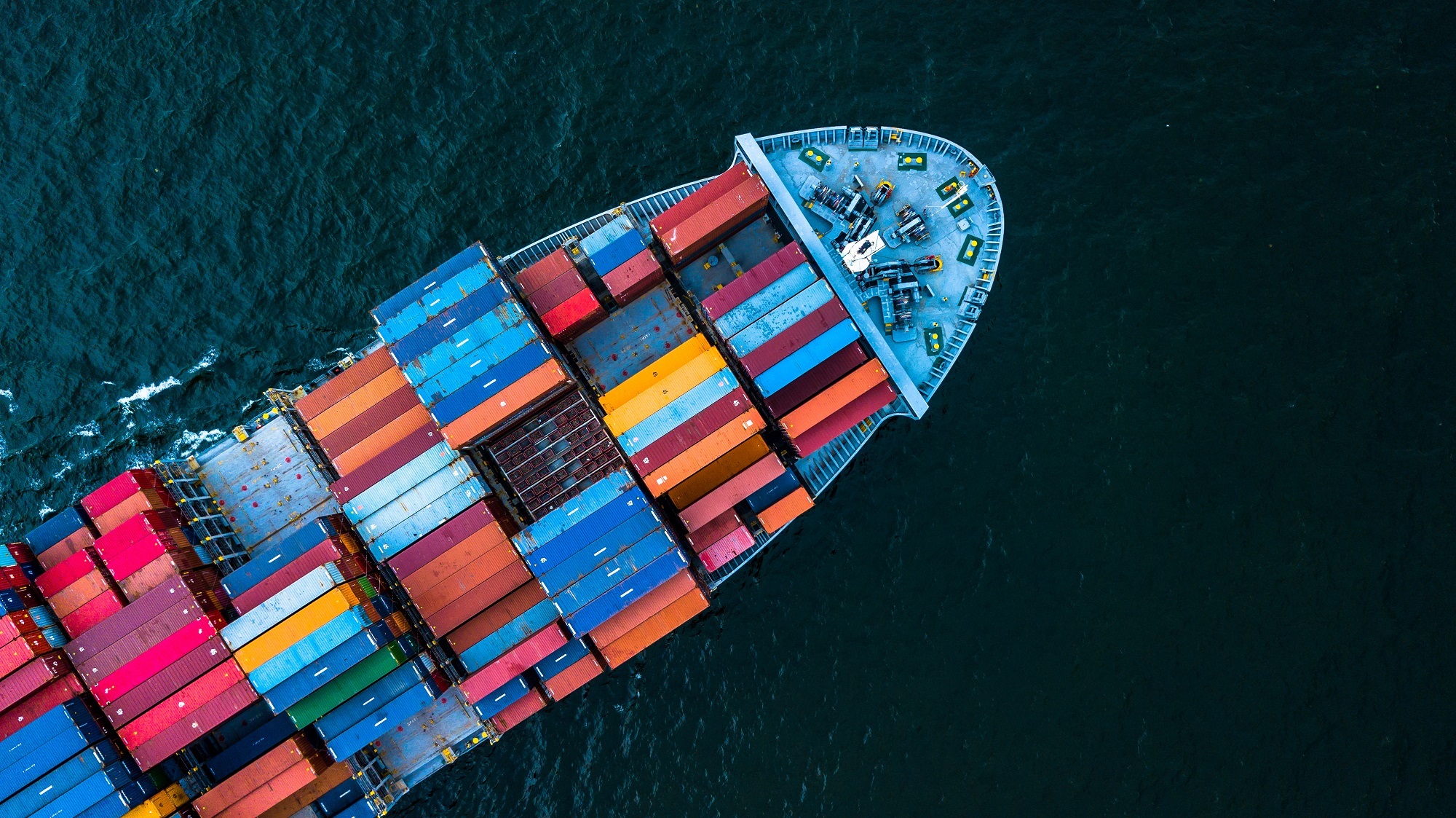When involved in the supply of goods, the always recurring element in every contract is the Incoterms®. In practice, we often notice that the Incoterms® do not receive the attention they deserve. A lot of companies do not realize the impact which these terms could have and the importance of agreeing on the correct Incoterms®.
The International Commercial Terms, commonly referred to as ‘Incoterms®’, are published by the International Chamber of Commerce (“ICC”) and were introduced in 1936. The Incoterms® have been revised several times since their introduction, most recently in 2020. Different practices and legal interpretations by sellers and buyers all over the globe created the need for a common set of rules and guidelines for international trade. Shortly put, the Incoterms® set out the commercial terms and responsibilities for the seller and the buyer, in relation to the carriage/transport of the goods from seller to buyer, as well as insurance of the goods. They also cover export, import and security-related clearance. We note that the Incoterms® only provide rules for the interpretation of the terms of delivery. The Incoterms® do not address the transfer of power to dispose of the goods, or other terms of the contract.
For customs and VAT purposes, aspects relating to export and import are of great importance. We illustrate the importance of the Incoterms® for doing business with some examples.
Example DDP (Delivered Duty Paid)
A Dutch company has a customer in the United Kingdom (hereinafter: the UK) and agreed with his customer to apply the Incoterm DDP Dover, Incoterms® 2020 as this is considered to be good for the client relationship. The goods are moved from the Netherlands to the UK.
DDP implies that the Dutch seller is responsible for transporting the goods to the named place (i.e. country), in this case Dover (UK). The Dutch seller pays all the costs related to the transport to the named place in the UK. Meaning maximal obligations for the Dutch seller, and minimal obligations for the customer.
Looking to the customs and VAT aspects, the Dutch seller will need to arrange the export formalities in the EU and also the import formalities in the UK. Moreover, the Dutch seller will probably be faced with VAT registration consequences in the UK, with regard to the sales of the goods after the import in the UK.
The DDP arrangement may be beneficial for the client relationship, but the Dutch company will need to pay all the extra costs involved connected to the additional obligations that it assumes.
Example EXW (Ex works)
During the same period the Dutch company is purchasing goods in Indonesia. The Indonesian seller informs the Dutch company that they will receive a discount when applying the incoterm EXW. The Dutch company sees this as a great opportunity and agrees, not realizing that the incoterm EXW is on the other end of the spectrum. EXW implies that the buyer (the Dutch company) pays all the costs related to the transport from Indonesia to the place of delivery. Meaning maximal obligations for the Dutch company, and minimal obligations for the Indonesian seller.
Now having a look to the customs and VAT aspects of this arrangement, the Dutch company is responsible for the import formalities in the Netherlands, however before even getting the goods in the Netherlands, the Dutch company is also responsible for the export of the goods in Indonesia. Not knowing the exact obligations in this respect, the Dutch company will presumably have additional requirements to be met, additional paperwork and possibly licenses to be arranged which will eventually end in additional costs.
In practice
The above examples once again emphasize the importance of applying Incoterms® which are favorable for both parties and balances the VAT and customs obligations. Applying the wrong Incoterms® could lead to additional costs and obligations (e.g. customs duties, VAT, insurances, etc.).
Furthermore, as Incoterms® are accepted by governments and legal authorities around the world, failure to comply with the relevant Incoterms® could lead to legal disputes in the area of International Commercial Law, with all of the ensuing consequences.
From the perspective of indirect taxation, it is often said that one should “never apply DDP and never apply EXW”. Accepting maximal responsibilities is almost never a good idea, and the same applies with regard to minimal responsibilities. A shared and well-balanced responsibility is generally the most desirable outcome for all parties involved. However, in practice, shared responsibility is not always feasible.
Therefore, always take into consideration the Incoterms® when informing your clients about the customs and VAT consequences of the flows of goods in which they are involved. Especially, when those flows involved the importing or exporting of goods.
Would you like to know more about Incoterms®, obligations and possible impact on your customs and VAT position? Please contact us.
The legislation and regulations in this area may be subject to change. We recommend that you discuss the potential impact of this with your Baker Tilly consultant.
Other insights
-
 June 28, 2023
June 28, 2023Fixed establishment for VAT purposes: Stay informed and avoid unpleasant surprises
-
Customs Talks: Duty risk - relocation of production may lead to penal duties
-
Customs Talks: Inward Processing in the UK – It’s all about accurate data!




